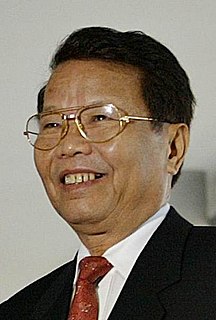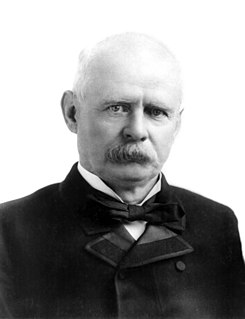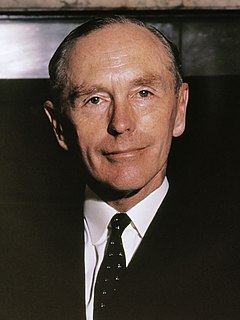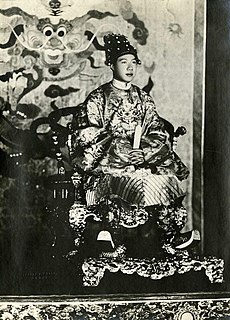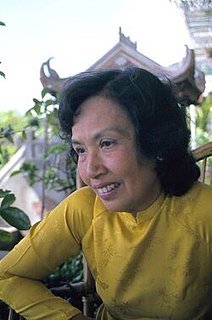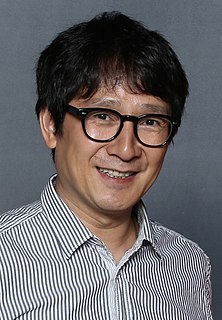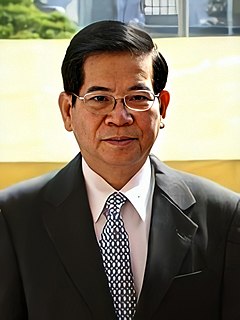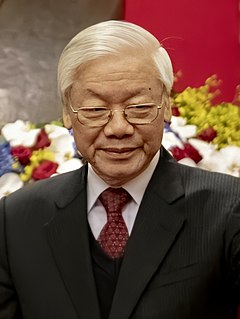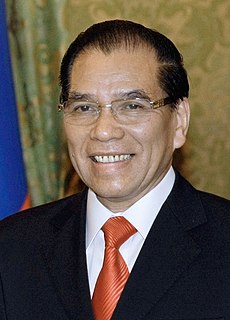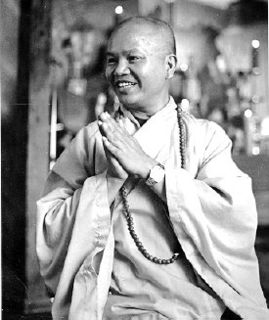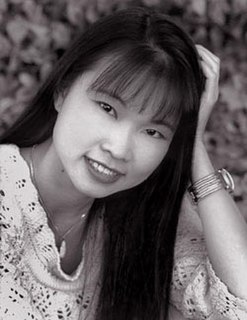A Quote by Tran Duc Luong
Humanistic values of equality and equal rights for all nations and individuals as crystallized in the principles of the United Nations Charter are mankind's great achievements in the 20th century.
Related Quotes
The United Nations exists not merely to preserve the peace but also to make change - even radical change - possible without violent upheaval. The United Nations has no vested interest in the status quo. It seeks a more secure world, a better world, a world of progress for all peoples. In the dynamic world society which is the objective of the United Nations, all peoples must have equality and equal rights.
The attack upon Korea was an outright breach of the peace and a violation of the Charter of the United Nations. By their actions in Korea, Communist leaders have demonstrated their contempt for the basic moral principles on which the United Nations is founded. This is a direct challenge to the efforts of the free nations to build the kind of world in which men can live in freedom and peace.
Well, my view before was a Western view, and I certainly understand marriage equality and civil rights, equal rights for all, but having visited developing nations and some of the poorest nations in the world, I realize how deep it goes and how much work really needs to be done to create equality for all.
It was just one year ago that the world saw this new, invigorated United Nations in action as this Council stood fast against aggression and stood for the sacred principles enshrined in the U.N. Charter. And now it's time to step forward again, make the internal reforms, accelerate the revitalization, accept the responsibilities necessary for a vigorous and effective United Nations. I want to assure the members of this Council and the Secretary-General, the United Nations can count on our full support in this task.
The founders of the United Nations expected that member nations would behave and vote as individuals after they had weighed the merits of an issue - rather like a great, global town meeting. The emergence of blocks and the polarization of the United Nations undermine all that this organization initially valued.
No principle of general law is more universally acknowledged, than the perfect equality of nations. Russia and Geneva have equal rights. It results from this equality, that no one can rightfully impose a rule on another....As no nation can prescribe a rule for others, none can make a law of nations.
It is up to each and every one of us to raise our voice against crimes that deprive countless victims of their liberty, dignity and human rights. We have to work together to realize the equal rights promised to all by the United Nations Charter. And we must collectively give meaning to the words of the Universal Declaration of Human Rights that "no one shall be held in slavery or servitude"
We have not ratified The Convention on the Elimination of all forms of Discrimination Among Women. I think 194 countries have signed onto it, but the United States has not. And CEDAW to the United Nations is what the Equal Rights Amendment or the women's equality amendment is to the United States. I think we should pass the women's equality amendment and a lot of these other fights would go away.
